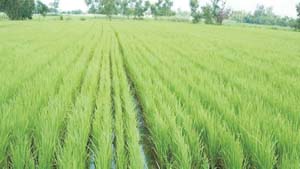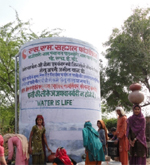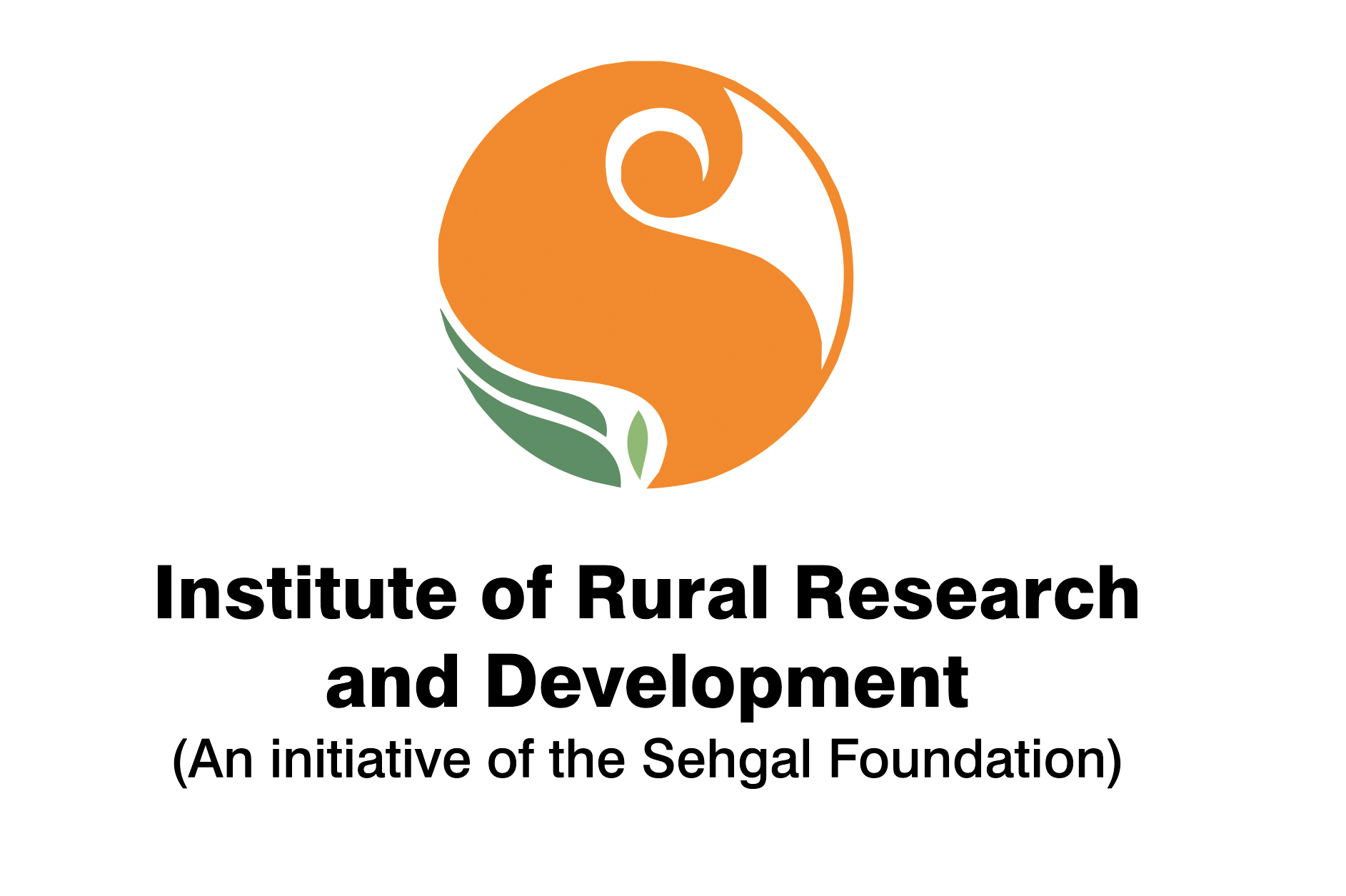/regions/haryana
Haryana
IRRAD invites applications for Doctoral and Post-Doctoral Fellowships, Gurgaon – Apply by February 15, 2012
Posted on 02 Jan, 2012 12:20 PMInstitute of Rural Research and Development (IRRAD) is an initiative of the S.M. Sehgal Foundation dedicated to creating a brighter future for India’s rural communities. We envision rural people across India motivated and empowered to make their lives more secure and prosperous. IRRAD designs, tests and replicates scalable community-based models for rural development in the areas of water management, agriculture, sanitation, governance and education. It also builds capacities of communities and community-based institutions to enable them to undertake their own development. These initiatives are transformed into action through IRRAD’s four centers: Natural Resource Management, Policy, Governance & Advocacy Capacity Building, and Rural Research Center. Most of IRRAD’s field work is focused in 206 villages of Mewat (Haryana), one of the most backward regions in India.
Zero tillage in the rice-wheat systems of the Indo-Gangetic plains - A review of impacts and sustainability implications by IFPRI
Posted on 31 Oct, 2011 06:49 PM This paper by the International Food Policy Research Institute (IFPRI) reviews the success of zero-tillage wheat in the rice-wheat systems of the Indo-Gange
This paper by the International Food Policy Research Institute (IFPRI) reviews the success of zero-tillage wheat in the rice-wheat systems of the Indo-Gange
Establishment of missing stream link between the Markanda river and the Vedic Saraswati river in Haryana – A paper in Current Science
Posted on 05 Aug, 2011 04:11 PMThis paper in Current Science attempts to establish a missing stream link between the Markanda river and the Vedic Saraswati river in the plains of northern Haryana based on geoelectrical resistivity surveys. Resistivity surveys in the Gangetic Plains around Pehowa region in Haryana, have revealed different subsurface geological formations composed of fine, medium and coarse sand with gravel. Resistivity section between the lower part of the Markanda basin and the Saraswati river around Pehowa region indicates the presence of buried sand bodies connecting the two rivers.
Optimal water resource management in water stress condition : A Newsletter of AFPRO Volume 2, Issue 2 of July 2011
Posted on 07 Jul, 2011 11:29 AM Small and marginal farmers are most affected from water stress situations, and need simple, sustainable and effective measures for water conservation and management.
Small and marginal farmers are most affected from water stress situations, and need simple, sustainable and effective measures for water conservation and management.
Biodrainage to combat waterlogging, increase farm productivity and sequester carbon in canal command areas of northwest India – A paper in Current Science
Posted on 02 Jul, 2011 03:46 PMThe rise in groundwater table followed by waterlogging and secondary soil salinization is a serious problem in canal-irrigated areas of arid and semi-arid regions. To combat the problem, an agroforestry model for biodrainage was tested in waterlogged fields of Haryana (northwest India), where 10 per cent area (0.44 m ha) is waterlogged resulting in reduced crop yields and abandonment of agricultural lands.
Screening of 'The Miracle Water Village' and 'The Groundwater Up Project', Kriti Film Club, 20th June, 2011, Gurgaon
Posted on 17 Jun, 2011 04:21 PM
Organizer: Kriti Film Club
Venue: Apparel House, Sector 44, Gurgaon, Haryana
Description:
Kriti Film Club invites you for the screening of two wonderful films that raise awareness on the need for water management and conservation, they are:
Patkhori's water solutions - A case study from the work of SM Sehgal Foundation in Mewat, Haryana
Posted on 14 Jun, 2011 05:27 PM Community water tank
Community water tank
Hathinikund barrage at Tajewala, Haryana,a complete failure: Press release by Maan Mandir Seva Sansthan
Posted on 11 May, 2011 01:16 PMAs you are aware of the fact that the Government has constituted an inspecting body comprising of high authority personnel’s of Central Water Commission, Planning Commission, Haryana Irrigation Department, Delhi Jal Board, Ministry of Environment and Forests and 6 members of Yamuna Bachao Aandolan. The team will then submit its report to the Central Government within one week and forthcoming plans will be discussed then.
The team had visited the Hathinikund barrage and told that it was a complete failure as the water is not at all being released from Hathinikund barrage. They came to know about the matter after enquiring with local public. The imposter authorities had released the said amount (160 cusecs) of water. The local public there told that they are habitual of crossing the Yamuna by riding on their bikes as it remains completely dry, but the water has been released.
Artificial groundwater recharge and recovery of a highly saline aquifer – A paper in Current Science
Posted on 25 Apr, 2011 07:59 AMA key factor in the long-term viability of aquifer storage and recovery is the extent of mineral interaction between two dissimilar water types, their recoverable fractions and consequent impact on water quality and aquifer stability.
Urban lakes - A series of current articles from Down To Earth magazine
Posted on 14 Apr, 2011 07:11 PMDelhi
On June 7, 2000, the Delhi Jal Board and the Municipal Corporation announcement that they would create 150 ponds for rainwater harvesting. TAPAS, a non-governmental organisation, approached the Delhi High Court on June 22, 2000, to force government authorities to improve water availability and quality in the national capital. It sought restoration of neglected lakes and depressions in the city as well as the implementation of the announcement made by the authorities.
Hyderabad
The Andhra Pradesh High Court is hearing three different public interest petitions to protect the Hussainsagar lake. One seeks to prevent construction on or around the lake or its catchment area. Another aims to prevent heavy siltation due to annual immersion of idols in the lake during religious occasions.
